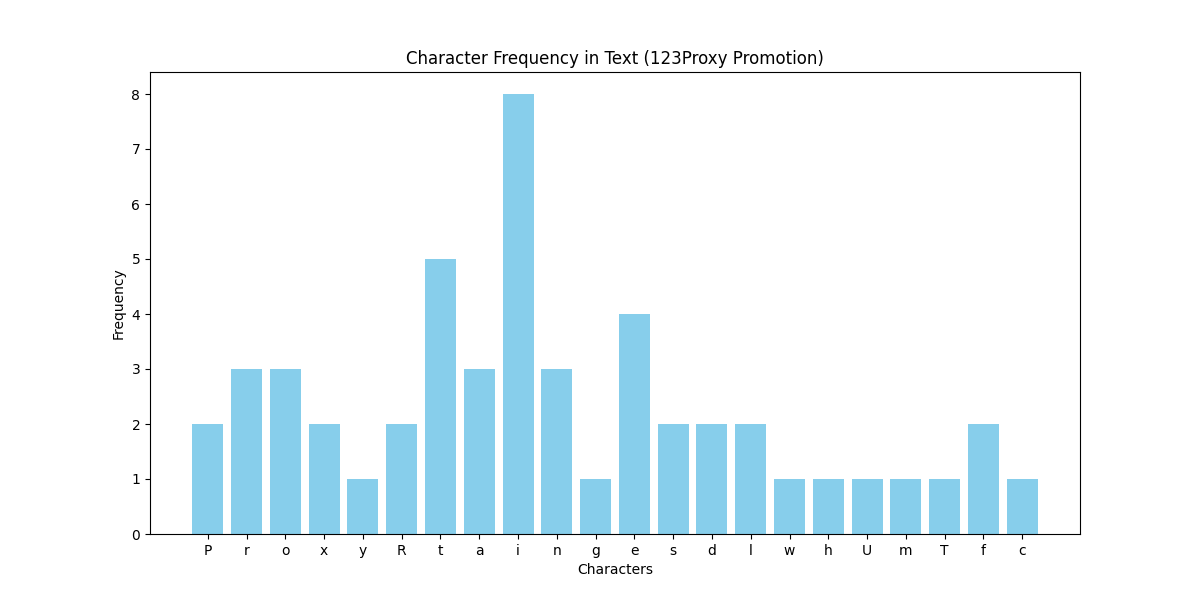Key Takeaways:
| Proxy servers act as intermediaries between users and websites, concealing the user’s IP address but not securing data transmission. |
| VPNs offer an additional layer of security by not only hiding the user’s IP address and location but also encrypting all internet traffic for enhanced security. |
| VPN encrypts all data sent or received, providing high security measures compared to proxies. |
| A VPN goes a step further by encrypting the data you send and receive, enhancing security and privacy. |
When considering the security features provided by proxy servers versus VPNs, it is essential to understand the distinct functionalities they offer. Proxy servers serve as intermediaries between users and websites, effectively concealing the user’s IP address. However, unlike VPNs, they do not encrypt data transmission, leaving it vulnerable to potential threats.
While proxy servers are limited in their security capabilities, VPNs excel in providing a comprehensive security blanket for internet activities. VPNs not only hide the user’s IP address and physical location but also encrypt all internet traffic, ensuring that sensitive information remains secure and protected from cyber threats.
Furthermore, VPNs utilize various tunneling protocols to enhance data protection mechanisms. These protocols establish secure connections between the user’s device and the VPN server, safeguarding data from interception or unauthorized access. The encryption levels offered by VPNs far surpass those of proxy servers, making them the preferred choice for users seeking robust security measures.
Proxy Servers: Security Features
- Proxy servers act as intermediaries between users and websites.
- They conceal the user’s IP address but do not encrypt data transmission.
- Proxy servers are limited in their security capabilities compared to VPNs.
VPNs: Security Features
- VPNs hide the user’s IP address and encrypt all internet traffic.
- They offer enhanced data protection mechanisms and utilize tunneling protocols.
- VPNs provide a comprehensive security blanket for all online activities.
Comparison of Proxy Servers and VPNs
- VPN encryption levels far surpass those of proxy servers.
- VPNs establish secure connections using various tunneling protocols.
- Proxy servers lack encryption, making them less secure for sensitive online transactions.
Advantages of VPNs Over Proxy Servers
- VPNs encrypt all data sent or received, providing high security measures.
- VPNs secure sensitive online transactions such as banking or shopping.
- VPNs offer reliability and security, maintaining dedicated networks for encrypted data transmission.
As the provider of Rotating Residential Proxies with Unlimited Traffic, 123Proxy recognizes the importance of security in online activities. While proxy servers serve a basic function of masking IP addresses, VPNs offer a more advanced and secure solution through encryption and tunneling protocols. The comparison between proxies and VPNs underscores the crucial role of VPNs in safeguarding sensitive data and enhancing privacy protection.
